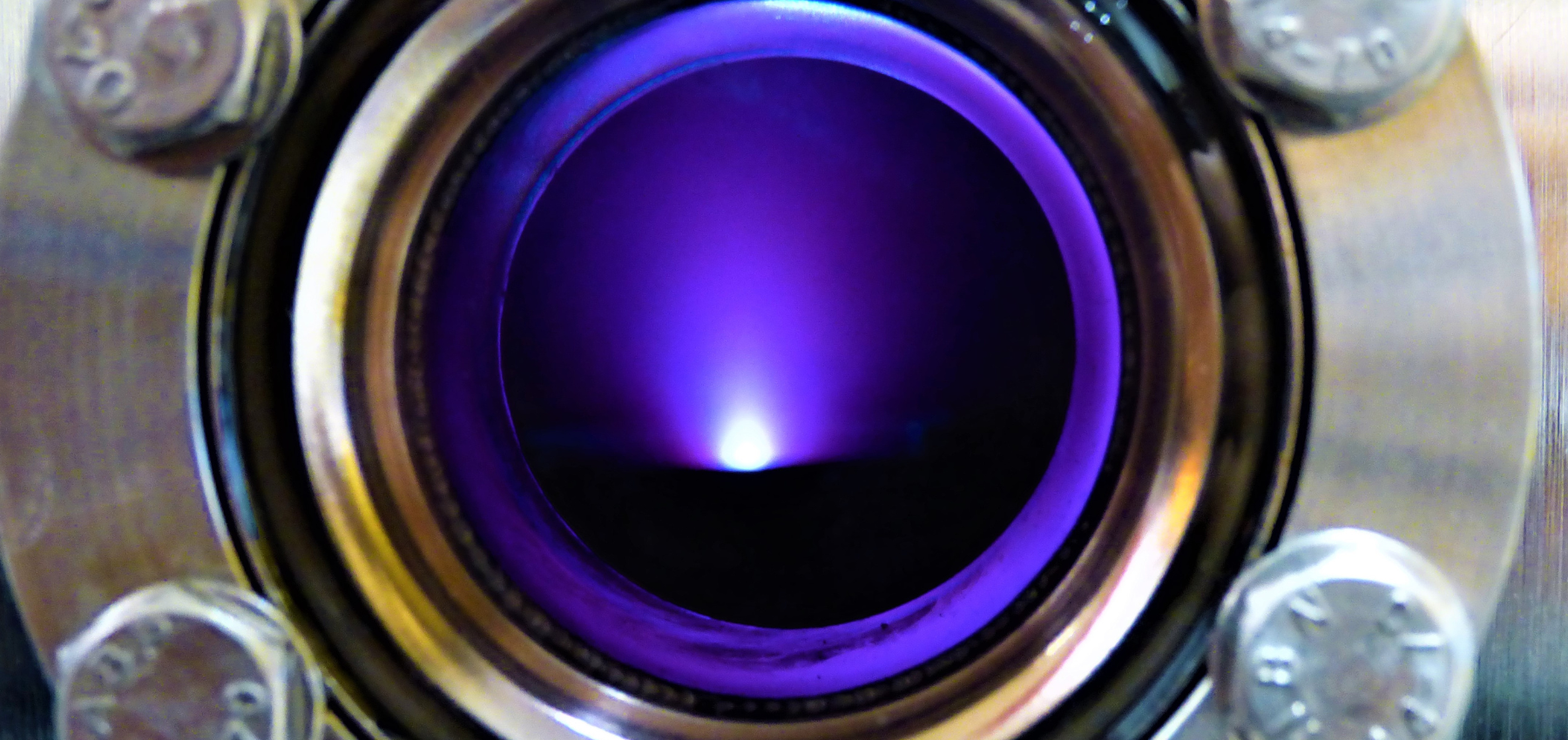
MPhil in Physics (by research) (12 months)
This course is designed to provide further study and training in research in Physics. During this year-long programme each student undertakes a course of supervised research on an approved subject in Physics. In addition the programme includes lectures and relevant practical work especially in the early part of the course. The precise lectures taken are decided through discussion with the supervisor and may vary according to the research area being studied.
The examination consists of a thesis, of not more than 15,000 words in length, and includes an oral examination (or viva) of the thesis and the general field of physics into which it falls.
For admission to the MPhil degree programmes the Postgraduate Admissions Office normally require applicants to have followed a three-year first degree and to have achieved or be about to achieve at least a good upper second class honours degree from a UK university or the equivalent. All applicants are assessed individually on the basis of their academic records.
A minimum residence of three terms (about one year) is required to obtain the MPhil degree.
You can apply for the programme here.
Main Image: Pulse Laser Deposition.
The researchers in Li-Ion battery materials use advanced pulsed laser deposition (PLD) to achieve anodes, cathodes and solid electrolyte thin films as model battery materials for understanding how battery performs at the atomic to micron length scales. Researchers are investigating the complex battery failure mechanisms via these model systems which is not possible through conventional Li-ion battery synthesis and characterisation routes. Our 28 Megawatt, UV-VIS 248 nm, nanosecond laser is fired at well defined inorganic targets to release a "plume" of material which then deposits on our battery device. The static image shows this plume, the colour of which is characteristic of the material being deposited.
Credit: Steve Haws
